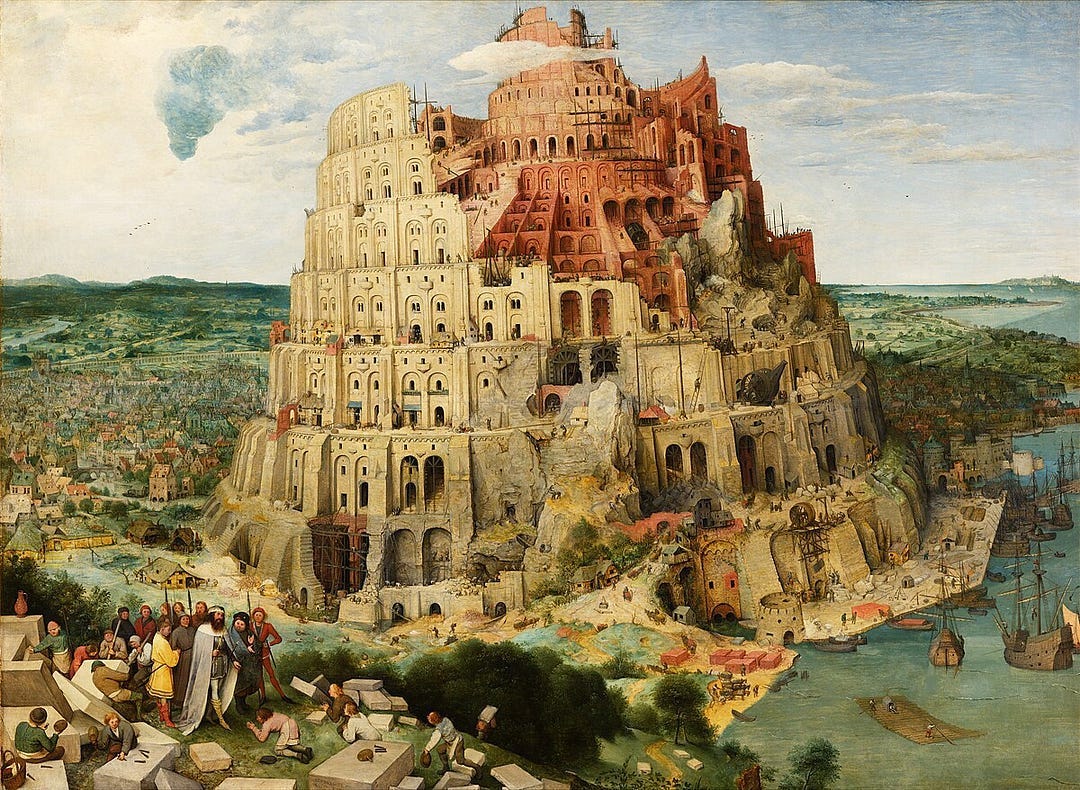The Death of Demos in a Post-Public World
What we once called the public has been shredded into shards, as a distorted image of itself. The splintering is not an external assault but a structural deconstruction, as communication technologies obliterate the shared temporalities and spatialities upon which mass political cohesion depends. The town square is now cut into fragmented digital pseudo-public spheres—manufactured unity is the corpse of participation.
The demos fractures into an archipelago of chambers, where consensus is aborted before conception. Each node enforces its ‘truth’, but no one listens. The pseudo-public does not care. It metabolises interaction into data, feeding the economic machine that drives the obsolescence of the public, as we understood it.
Power no longer resides in a central control tower, but in the circulatory flows of information and capital. Elections become rituals of nostalgia, simulations of decision-making in a system that no longer recognises agency; nudging governs without governing.
This is the ‘necropolitics of democracy’, sustained by the necrotic energy of its own decay. What rises is a strange, post-democratic regime of cybernetic management for capital. The fragmented public does not revolt — it swarms, distracted, outraged, incapable of constructing the collective. The death of the public is not its annihilation but its transformation into a hyper-fragmented network, self-regulating and self-consuming.
Foucault’s disciplinary power collapses into Deleuze’s control society. The fragmented public is no longer a space of governance but a field of modulated flows that enforce neither coherence nor sovereignty but signal amplification. The demos is fractured — it is dissolved, atomised into differential data streams. Power migrates from the apparatus of the state into the fluid infrastructure of capital and code.
The public does not cohere; it combusts, generating fragments as excess. Democracy, loosely tethered to Enlightenment ideals of rationality and progress, is unfit for a world driven by acceleration and entropy. The post-democratic order is already here: not tyranny, but an emergent capital-centric cybernetic sovereignty that replaces will with data, law with code, and participation with simulation.
Democracy is no longer a political reality but a ceremonial artifact. Its legitimacy is performed, not practiced — a vestige of Enlightenment idealism subsumed by the machinic logic of transnational governance. Nowhere is this more evident than in the European Union, a hyper-bureaucratic leviathan that embodies the systemic disintegration of the democratic ideal. What the EU represents is not unity but indifference to the will of its constituent populations.
Decisions affecting millions — on borders, security, and cultural cohesion — were not made by the demos but dictated by an unaccountable nexus of technocrats, lobbyists, and NGOs. What unfolded during the 2015 refugee crisis was not democratic governance but process: an automatic response to systemic pressures, optimised for the perpetuation of flows rather than the preservation of sovereignty. The refugee crisis was less a crisis of humanity than a crisis of sovereignty, exposing the inability of nations to assert claim over their own destinies, and define demos, within the EU’s framework.
Beneath the moralistic rhetoric lies an economic imperative: the perpetual demand for cheap, disposable labour. Migrants are commodified as units of productivity, their movement facilitated not by benevolence but by capital’s insatiable need to accelerate its operations. The native population’s demands, meanwhile, are reconfigured —as obsolete entities, obstacles. What is euphemistically called “integration” is, in reality, an enforced alignment to the demands of a system that values fluidity over stability, profit over preservation.
Obliterating the historical continuity of peoples, without a stable demos to anchor the narrative, history becomes a series of disconnected moments. Culture, stripped of its territorial grounding, is reduced to a marketplace of commodified identities.
Silenced and displaced, the final stage of deterritorialization: the dissolution of historical identity itself. The Europeans are reduced to ghosts of themselves, specters of a past that no longer has a place in the accelerated present. In truth, they are witnessing the erasure of the very conditions that made their existence meaningful — the erasure of history, culture, and collective agency.
The sinister silence around the UK rape gangs — the denial, the obfuscation, the refusal to confront the reality of what has occurred — is another expression of a political class that has become, in effect, a bystander to Europe’s collapse. The tragedy of the rape gangs is not simply that it occurred, but that it occurred in a society so hollowed out by neoliberalism and globalism that it was not even allowed to provoke the response it deserved.
The rape gangs represent the final stage of a process that began long ago: the dissolution of the native demos and the erasure of the conditions for a meaningful political order. The people are today components within a global machine. Their suffering is not an aberration, but the logical consequence of a system that has no room for the human, the historical, or the cultural. What remains is a spectral, disembodied existence — a relentless flow of human bodies, lost to the system, sacrificed on the altar of ‘progress’.
The rape gangs are not just crimes, not just lives ruined, they are the expression of a world where the human subject is no longer relevant. The children, the victims, are the sacrificial offering in a world beyond human scale, a world that no longer has a place for the demos. In this world, the political class is not complicit in mere neglect — it is complicit in a gross betrayal, one that has traded the fate of its people for the cold, indifferent workings of an economic machinery that has no regard for them.




